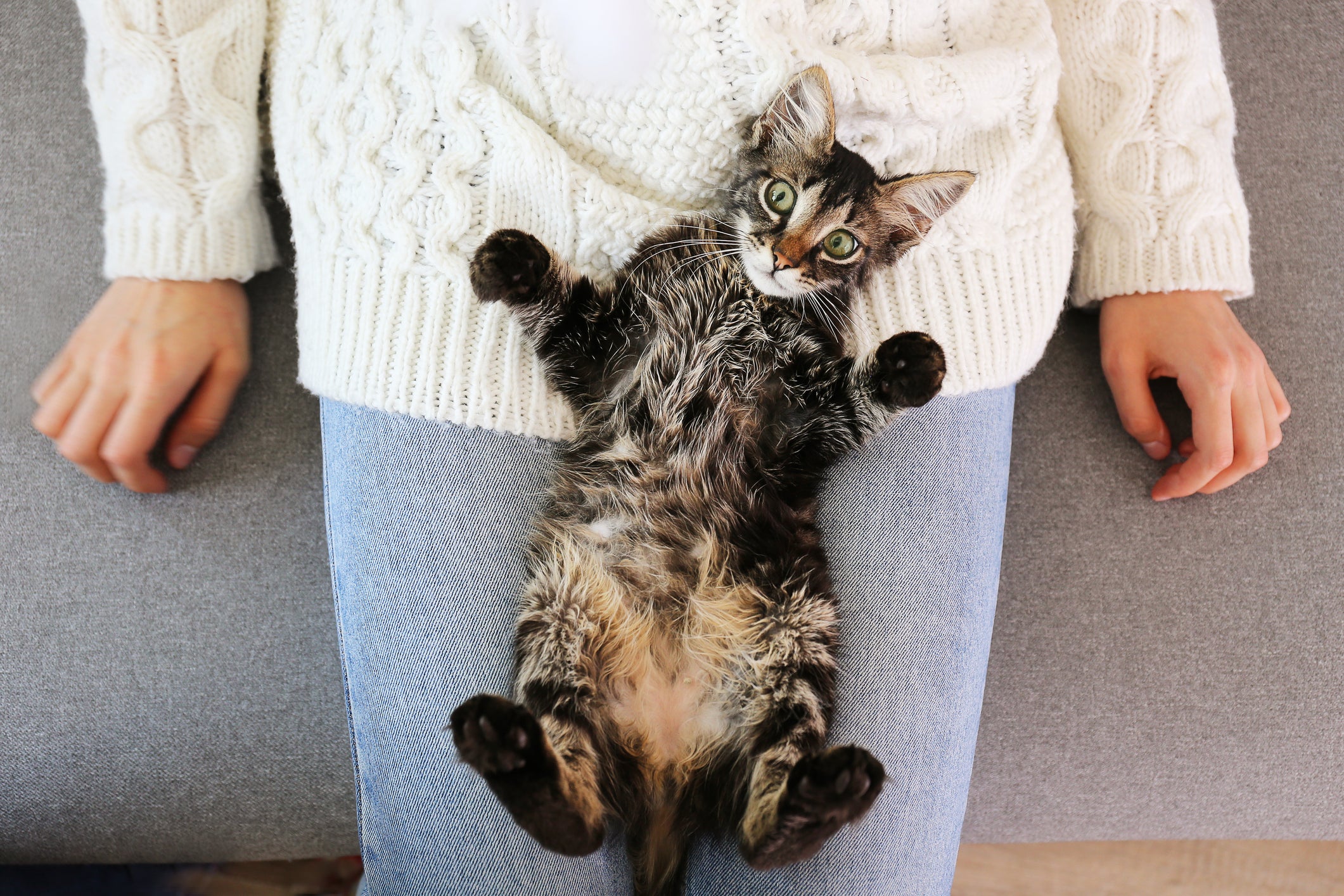All cats have ‘an element of psychopathy’, according to new study
New model developed by researchers to test the level of psychopathy in cats

Your support helps us to tell the story
From reproductive rights to climate change to Big Tech, The Independent is on the ground when the story is developing. Whether it's investigating the financials of Elon Musk's pro-Trump PAC or producing our latest documentary, 'The A Word', which shines a light on the American women fighting for reproductive rights, we know how important it is to parse out the facts from the messaging.
At such a critical moment in US history, we need reporters on the ground. Your donation allows us to keep sending journalists to speak to both sides of the story.
The Independent is trusted by Americans across the entire political spectrum. And unlike many other quality news outlets, we choose not to lock Americans out of our reporting and analysis with paywalls. We believe quality journalism should be available to everyone, paid for by those who can afford it.
Your support makes all the difference.Is your cat a psychopath? It might be a question that has crossed your mind several times before, depending on the behavioural habits of your feline creature.
But you may have previously dismissed it, thinking surely it isn’t possible for your adorable fluffy creature to posses psychopathic tendencies.
Well, it turns out that it is. At least, that’s what a group of scientists from the University of Liverpool and Liverpool John Moores University have suggested in their latest research.
Published in the Journal of Research in Personality, the study, which involved 2,042 cat owners, illustrates the development of the first ever tool available to measure psychopathy in cats.
Named the CAT-Tri+, the test comes in the form of 46 statements that require owners o rate how well each one describes their pet.
Statements include: “My cat torments their prey rather than killing it straight away”, “my cat vocalises loudly (e.g meows, yowls) for no apparent reason”, and “my cat is very excitable (e.g goes into ‘overdrive’ and becomes uncoordinated)”.
Other statements include observing whether your cat sits in high places, whether they “dominate” the neighborhood cats, and whether they purr when attacking people or animals.
All answers are scored on a five-point scale. Researchers conducted the study with the intention of improving relationships between cats and their owners.
Lead researcher Rebecca Evans said: “In our study, we developed a questionnaire measure of psychopathy in domestic cats.
“The questionnaire was developed using owner-provided examples of their cat’s behaviour in the context of the triarchic model of psychopathy (boldness, meanness, and disinhibition).
“The final questionnaire measures five factors of feline psychopathy: boldness, meanness, disinhibition, pet-unfriendliness and human-unfriendliness.”
In terms of the cat-owner relationship, Evans explained that owners reported having a lower quality relationship with mean and bold cats, but a higher quality relationship with disinhibited and pet-unfriendly cats.
“We believe that like any other personality trait psychopathy is on a continuum, where some cats will score more highly than others,” she added.
“It is likely that all cats have an element of psychopathy as it would have once been adaptive for their ancestors in terms of acquiring resources (e.g., food, territory, mating opportunities).”
Evans explained that there are ways to help any cat with a particularly high score on the Cat-Tri+ scale, such as buy investing in large cat trees and tall scratching posts.
Join our commenting forum
Join thought-provoking conversations, follow other Independent readers and see their replies
Comments